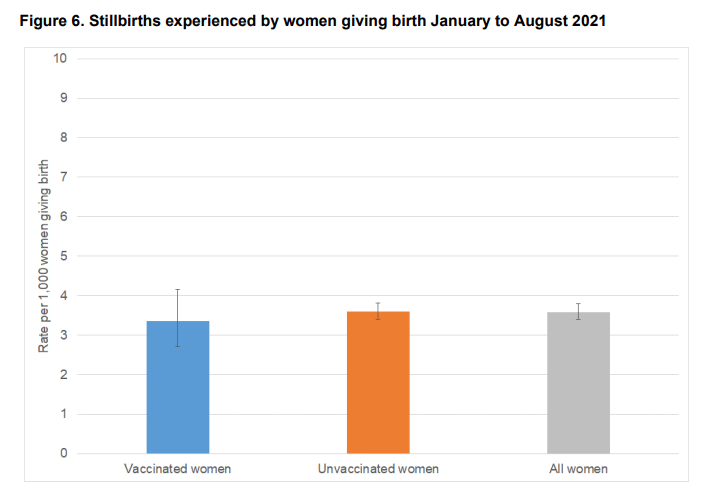
Does #CovidVaccination cause changes to #periods?
I know ppl have been wondering about this! But up to now the data we had was pretty preliminary. However, with a large, prospectively collected dataset out yesterday, I think it’s time to start putting it all together.... 🧵
I know ppl have been wondering about this! But up to now the data we had was pretty preliminary. However, with a large, prospectively collected dataset out yesterday, I think it’s time to start putting it all together.... 🧵
Here’s some more on that new study. In short, people who received both doses of the vaccine in a single menstrual cycle found their period came a couple of days late. But it was back to normal a couple of cycles later, so the change was temporary. 2/
https://twitter.com/VikiLovesFACS/status/1479216014382489601?s=20
This might explain why our UK-based study couldn’t find clear patterns to suggest that Covid vaccination is associated with changes to periods. In the UK, our interdose interval is 8 weeks, so it’s not possible to have both doses in the same cycle. 3/
https://twitter.com/VikiLovesFACS/status/1460336401157955585?s=20
(I should say that our study was smaller with a less strong study design – so that might also explain it!) 4/
The findings from the US study are also in line with a reports from Norway, that 37.8% of ppl report a “different from usual” period in an unvaccinated cycle, compared to 39.4% after their first dose, and 40.9% after their second dose. 5/
fhi.no/en/studies/ung…
fhi.no/en/studies/ung…
These differences were significant, but small. Particularly compared to the background rate at which people have “different from usual” periods. 6/
To summarise… there is some evidence of small changes to the timing and flow of periods immediately post-vaccine, and this may be mainly evident in countries such as the USA and Norway, which use a short interdose interval. The changes are also temporary. All reassuring! 7/
Finally, can we say anything about the mechanism by which these changes occur? One idea was that it might be mediated by temporary alterations to the level of sex hormones. In this case, we would expect people on hormonal contraception to be less affected. 8/
But our study actually found those on hormonal contraception more likely to report a change… 9/
https://twitter.com/VikiLovesFACS/status/1460336425266814980?s=20
A much larger survey-based study carried out by @ResourcefulSqrl and @KateClancy found the same thing… 10/
medrxiv.org/content/10.110…
medrxiv.org/content/10.110…
Although, interestingly, a UK-based survey found that people using hormonal contraception *did* seem to be less likely to report a change to the period after vaccination. 11/
medrxiv.org/content/10.110…
medrxiv.org/content/10.110…
The final study is somewhat less likely to be affected by reporting bias than the first two I mentioned. So I feel like the jury is still out on that one. 12/
I think we will need large, prospectively collected datasets from people on hormonal contraception to get to the bottom of this (the new US study only looked at people who were spontaneously cycling). 13/
Finally, are people who already have a diagnosis of a gynaecological or menstrual disorder more likely to notice a change to their periods? 14/
We did actually find a (weak) signal suggesting that ppl with a diagnosis of endometriosis or PCOS are more likely to report a change to the timing of their period… 15/
https://twitter.com/VikiLovesFACS/status/1460336434615881735?s=20
And the survey from @ResourcefulSqrl noted that ppl with endometriosis, menorrhagia or fibroids were more likely to report a heavier than normal period. 16/
These signals are definitely worth looking into in more detail, but in the interim, I wouldn’t say that people with these conditions should avoid the COVID vaccine... 17/
It’s important to remember that COVID infection can itself cause changes to periods, as well as the severe disease that we try to avoid by getting vaccinated! 18/18
ncbi.nlm.nih.gov/pmc/articles/P…
ncbi.nlm.nih.gov/pmc/articles/P…
ncbi.nlm.nih.gov/pmc/articles/P…
ncbi.nlm.nih.gov/pmc/articles/P…
• • •
Missing some Tweet in this thread? You can try to
force a refresh









